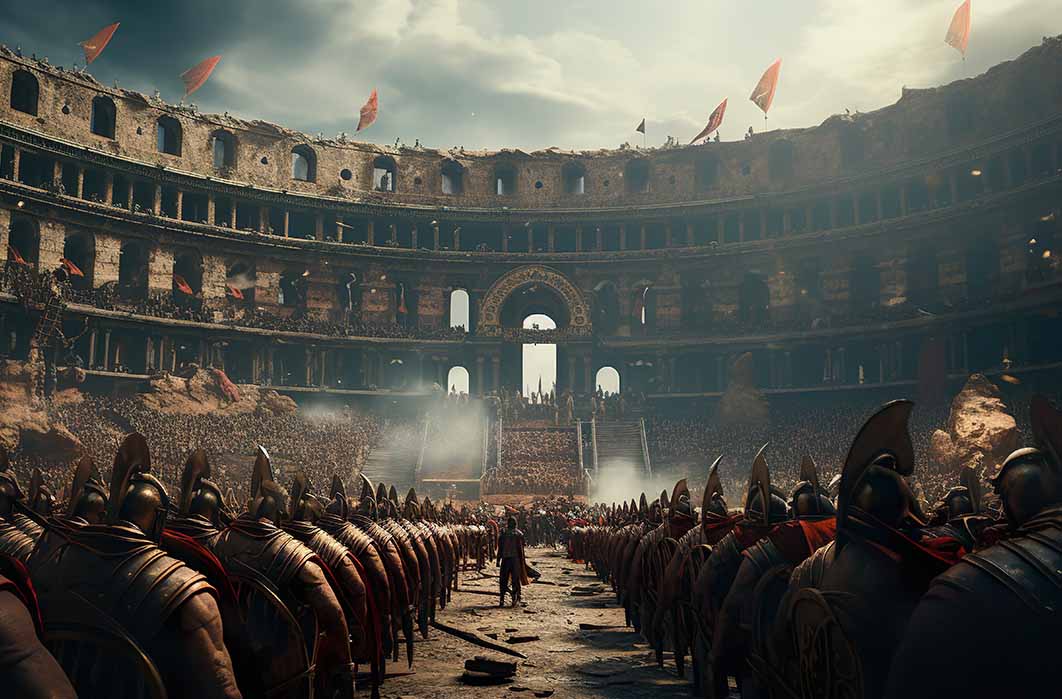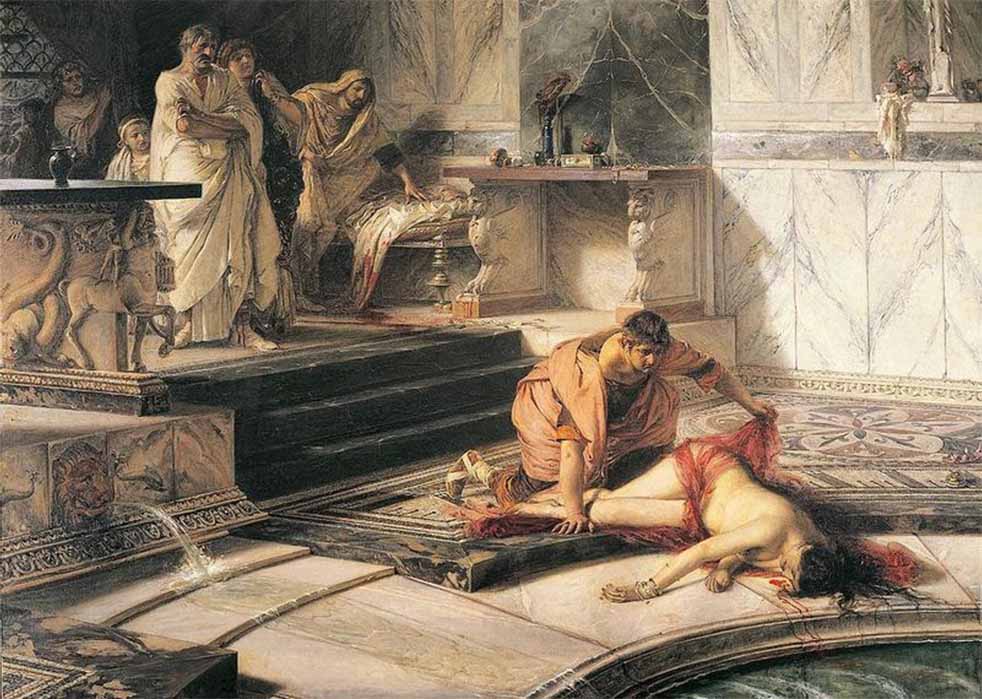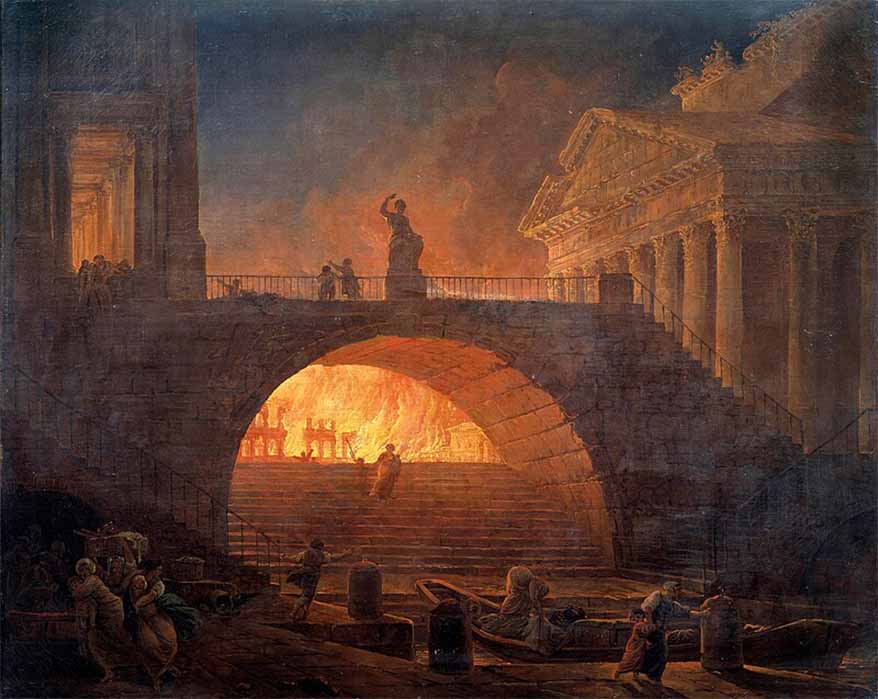
Legacy Of Vespasian Founder Of The Roman Flavian Dynasty
The death of Emperor Nero in 68 AD ended the Julio-Claudian dynasty of Roman Emperors. It also initiated a succession crisis which degenerated into a short but deadly civil war. This was the first such event to occur in the imperial period of the Roman Empire, a political regime inaugurated by Emperor Augustus in 27 BC. Nero’s inept reign had emptied the State’s coffers, triggered military mutinies and sparked major revolts within the Empire, the most significant being the Judean uprising in 66. The latter, which was one of the most serious protests against Roman rule, was only to be suppressed in 70.
The reigns of three Emperors of this violent year led to the establishment of the brief but important dynasty of Emperors, the Flavians, founded by Vespasian, which inherited the challenging responsibilities of quelling the revolts, managing the State bankruptcy, re-establishing control over the army and restoring general confidence in the imperial regime.

Nero kneeling at his murdered mother Agrippina by Antonio Rizzi (19th century) Museo Civico Ala Ponzone (Public Domain)
Last of the Julio-Claudian dynasty
Son of Agrippina, Nero had been adopted by Emperor Claudius, whom he succeeded at the age of 17, though at the beginning, his mother Agrippina reigned in his place. Despite the assassination of Britannicus, son and legitimate successor of Claudius, in 55 AD, and later that of his own distressing mother Agrippina, in 59 AD, the early stages of the Principate of this cultivated young man surrounded by competent advisors remained favourable.
After the death of Burrus, Praetorian prefect, advisor and friend of Nero, followed by the disgrace of Seneca, a tax collector compromised in a conspiracy against Nero, in 62 AD, the young Emperor succumbed to an unregulated despotism. That same year, driven by his own emotions, he repudiated his wife Octavia, daughter of Claudius, whom he pushed to suicide with the aim of marrying Poppea, his mistress and wife of the general and future Emperor Otho. In 65 AD, he killed Poppea, then pregnant, in a fit of anger.

The Fire of Rome by Hubert Robert (1785) (Public Domain)
Nero arbitrarily condemned the wealthy to death in order to appropriate their property, thereby attempting to feed the State coffers emptied by imperial extravagances. He unleashed the first persecutions against the Christians, now dogmatically dissociated from the Jews in public opinion. He accused them of being responsible for the fire of Rome which, in 64 AD, destroyed three quarters of the city. Other significant events that marked Nero’s reign were the revolts in Armenia (54), Britannica (60) and Judea (66), which were the consequences of his irrational political decisions. His unrealistic military aims in Ethiopia and the Caucasus were two other examples of such decisions.
This regime of terror gave rise to many conspiracies such as that of Piso in 65 AD, which were in turn aborted. However, in 68 AD, part of the army, under General Galba in Spain and General Vindex in Gaul, rose up against Nero. It was the first time that the army had betrayed its loyalty to the Emperor. Declared a public enemy by the Senate, Nero killed himself, thus abruptly ending the Julio-Claudian dynasty and opening a period of civil war. This was followed by the year of the four Emperors.




